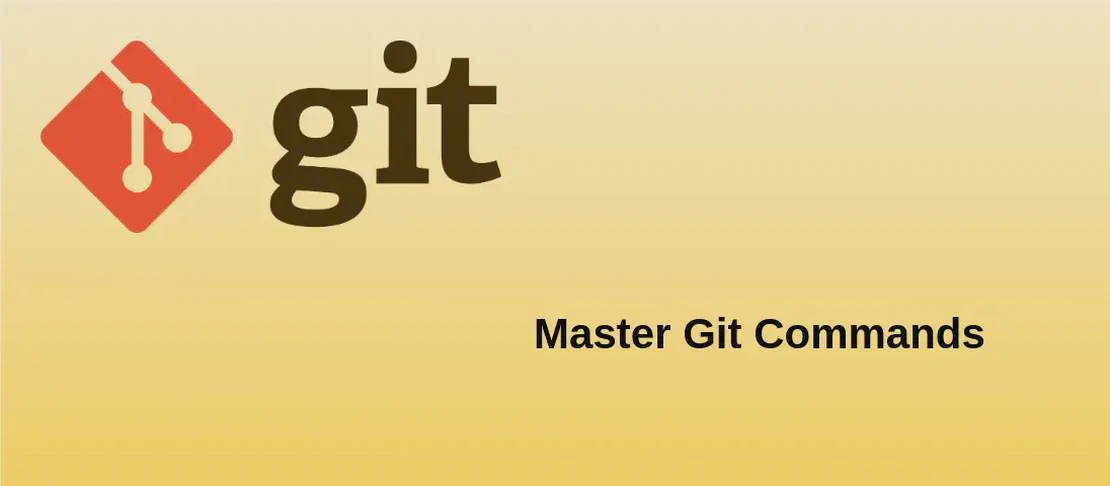
Exploring the Landscape: The Most Popular Programming Languages
Introduction:
In the vast and dynamic world of programming, the choice of a programming language can significantly impact the development process and the success of a project. As of the latest insights, several programming languages stand out as the most popular, each with its strengths, use cases, and a thriving community. Let’s take a closer look at some of the most widely embraced programming languages that continue to shape the digital landscape.
1. JavaScript: The Language of the Web
JavaScript, often hailed as the language of the web, is a fundamental component for building interactive and dynamic web applications. With the rise of front-end frameworks like React, Angular, and Vue.js, JavaScript has cemented its position as a must-know language for web developers. Its versatility extends beyond the browser, as it is also commonly used in server-side development with technologies like Node.js.
2. Python: The Swiss Army Knife
Renowned for its readability and versatility, Python has become a go-to language for developers across various domains. Whether it’s web development with frameworks like Django and Flask, data science with pandas and NumPy, or automation tasks, Python’s simplicity and extensive libraries make it an attractive choice. Its clear syntax encourages a focus on solving problems rather than dealing with complex language intricacies.
3. Java: The Enterprise Workhorse
Java, known for its “write once, run anywhere” mantra, continues to be a stalwart in enterprise-level development. It powers large-scale applications, Android mobile apps, and serves as the backbone for many critical systems. With a robust ecosystem, strong community support, and compatibility across platforms, Java remains a top choice for building scalable and secure applications.
4. C#: Microsoft’s Power Player
Developed by Microsoft, C# (pronounced C-sharp) is the language of choice for building Windows applications, games using Unity, and web applications through ASP.NET. With features like strong typing and support for modern programming paradigms, C# has gained prominence in the development of cross-platform applications, making it a key player in the Microsoft technology stack.
5. C++: The Foundation of Systems Programming
C++ stands as a powerful language that forms the basis for system-level programming, game development, and high-performance computing. Its efficiency and control over hardware make it an ideal choice for resource-intensive applications. With frameworks like Qt and game engines such as Unreal Engine relying on C++, it remains a staple for developers seeking performance without sacrificing control.
6. PHP: Server-Side Scripting Excellence
PHP has long been a stalwart for server-side scripting, powering the backend of countless websites. With frameworks like Laravel and Symfony, PHP has evolved to meet modern development needs, offering a seamless environment for building dynamic and scalable web applications. Its widespread use in conjunction with databases like MySQL cements its status in the web development arena.
Conclusion:
The popularity of programming languages is a reflection of their utility, community support, and adaptability to evolving technological landscapes. While these languages represent a snapshot of the current programming scene, it’s essential to recognize that the field is dynamic, with new languages and frameworks emerging regularly. Aspiring developers and seasoned professionals alike should stay attuned to industry trends, selecting languages that align with their project requirements and career aspirations. Whether you’re building web applications, delving into data science, or crafting system-level software, the diverse array of popular programming languages ensures that there’s a tool for every developer’s needs.


